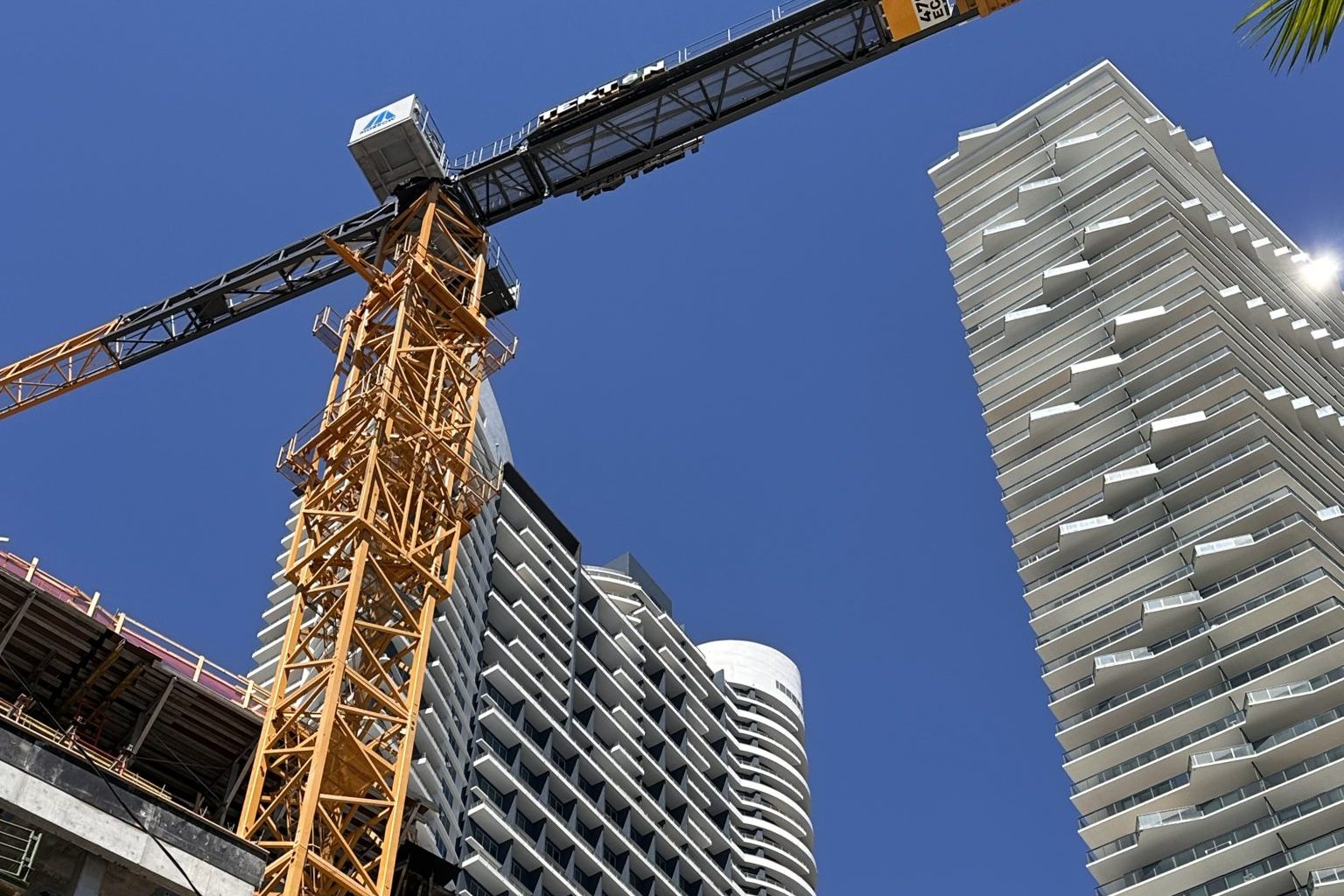Securing a mortgage in the United States can be a complex process, especially for non-citizens or permanent residents. This challenge intensifies for those from OFAC-sanctioned countries like Hong Kong, Russia, or Venezuela, where economic sanctions add another layer of complexity. However, obtaining a loan for citizens of OFAC countries is feasible with the right approach. By structuring the loan appropriately and partnering with a knowledgeable broker, you can navigate these challenges and find suitable lending options.
Understanding OFAC sanctions: A background
The United States imposes trade and economic sanctions against countries connected with human rights violations, terrorism, narcotics trafficking, nuclear, biological, and chemical weapons proliferation, and other threats to U.S. citizens and national interests. The agency responsible for tracking and administering these sanctions is the U.S. Treasury Department’s Office of Foreign Assets Control (“OFAC”). It maintains a list of the different sanctions against countries and specifically targeted individuals.
We often hear from citizens of countries like Venezuela, Cuba, Hong Kong, Iran, Russia, and Ukraine – innocent of wrongdoing themselves – who nevertheless are negatively affected by some of these sanctions and who have trouble getting a OFAC country mortgage.
Most U.S. mortgage lenders refuse to deal with foreign nationals who are citizens of, or who live in or derive income from, countries on the OFAC list.
But we can often bypass these OFAC sanctions and get these borrowers financed by working with select non-bank lenders, and by structuring the loan as a bridge loan, rather than a traditional mortgage. This enables borrowers from or connected with OFAC list countries to get a mortgage to finance a vacation home, investment property, or piece of commercial real estate.
What countries are currently sanctioned by the United States?
Different OFAC sanctions apply to different countries. But as of 2024, U.S. trade sanctions may affect citizens, residents, and those deriving income from the following countries:
- Balkans
- Belarus
- Burma
- Cuba
- The Democratic Republic of the Congo
- Hong Kong
- Iran
- Lebanon
- Nicaragua
- North Korea
- Russia
- Somalia
- Sudan
- Syria
- Ukraine
- Venezuela
- Yemen
- Zimbabwe
You can get an updated list of sanctioned countries and the specific OFAC sanctions that apply to them here.
A note on Russian borrowers
While the U.S. has placed significant sanctions against certain Russian oligarchs, the pathway for a loan for citizens of OFAC countries, including most Russian nationals, remains open for property purchases.
Navigating banks and “grey lists”
Additionally, some lenders also maintain a “grey list:” They won’t lend to or severely restrict credit to borrowers connected with countries they perceive as high risk, such as former Soviet republics (except those now in the European Union), the Middle East, in general – even if these countries aren’t currently subject to formal U.S. sanctions.
In some cases, these institutions may be willing to lend, but only to those borrowers with a demonstrated history of economic activity in the U.S. or select other countries for six months or a year. For example, one bank requires the borrower to have had a bank account at a U.S., U.K., German, Swiss, French, Italian, or Canadian bank for at least six months before applying.
Loans for non-citizens and non-permanent residents
Borrowers connected with OFAC list sanctioned countries face all the same obstacles that non-U.S. citizens or those who are not permanent residents of the United States must contend with. However, there are many mortgage solutions available to these borrowers, too – if you know where to look!
Securing loans for OFAC-list connected borrowers
For those connected with countries on the OFAC list, chances are excellent you can still get a loan to purchase commercial or investment properties. We frequently help Venezuelans, Cubans, Iranians and other OFAC country borrowers from countries on the OFAC list find bridge loans by going to private OFAC-specialized lenders who are not subject to the same Treasury Department regulations as traditional banks.
These bridge loans are asset-based. They’re secured entirely by the underlying real estate or other collateral. Not on your income history or personal credit. That means these OFAC-specialized lenders don’t need to pull a personal credit report, look at your tax returns, or verify income that may come from a sanctioned country.
We can get the entire loan approved based on the value of the collateral alone.
This strategy works with both residential and commercial investment properties.
When speed counts
One additional advantage to bridge OFAC-sanctioned financing: Because it’s asset-based, there’s very little underwriting involved, and usually very little paperwork. The lender just needs to know what the property is worth.
As a result, bridge loans can be approved and funded very quickly: Sometimes within days of the initial application. This came in very handy for one of our Venezuelan clients: He was under contract to purchase a property here in Florida. But even as he was on an airplane on his way to Miami to sign the closing documents in person, the bank contacted him and told him they were pulling out of the deal because of his nationality.
To make things more difficult, the property was a non-warrantable condominium. These properties can be difficult to finance because they don’t qualify for traditional bank financing. Fannie Mae and Freddie Mac won’t purchase these loans from banks. So the market for OFAC country mortgages on non-warrantable condominiums is much more limited.
Fortunately, we were able to find a non-bank private lender willing to provide him a bridge loan. The mortgage was approved within days, and the buyer was able to make the purchase.
Income-based underwriting for nationals of sanctioned countries
Another technique is to use a lender with less stringent income documentation requirements than traditional lenders use. This is useful for OFAC country borrowers who want or need to use their own personal income to qualify for a loan.
For example, in one case, a Venezuelan couple that still had significant income from their home country needed to verify income in order to refinance their luxury rental property in South Florida. In their case, we found them a lender who only required their employer and their accountant to verify their income in writing.
They had their accountant and their employer send a letter on their own stationery verifying their income and got approved for a $2.1 million loan at a much better interest rate.
One caveat: Your purchase needs to be consistent with your residency status. If you aren’t a permanent resident or citizen, you won’t be able to get a loan designed for owner-occupied residential properties. But even as a citizen of a country on the OFAC list, you could potentially get a loan to buy a vacation home, short-term rental home, or other investment property.
Conclusion
If you’re exploring a loan for citizens of OFAC countries and are a foreign national aiming to purchase or refinance real estate in the U.S., DAK Mortgage can provide the necessary guidance and support. Even if other banks and lenders have told you don’t qualify for a mortgage, chances are excellent we can find a workable solution for your specific situation.
Frequently Asked Questions
What are the loan options for OFAC country citizens?
OFAC country citizens can explore various loan options, including bridge loans and asset-based financing, tailored to their unique situations.
How do OFAC sanctions affect loan eligibility?
OFAC sanctions can limit traditional banking options, but specialized lenders offer alternative solutions for affected individuals.





